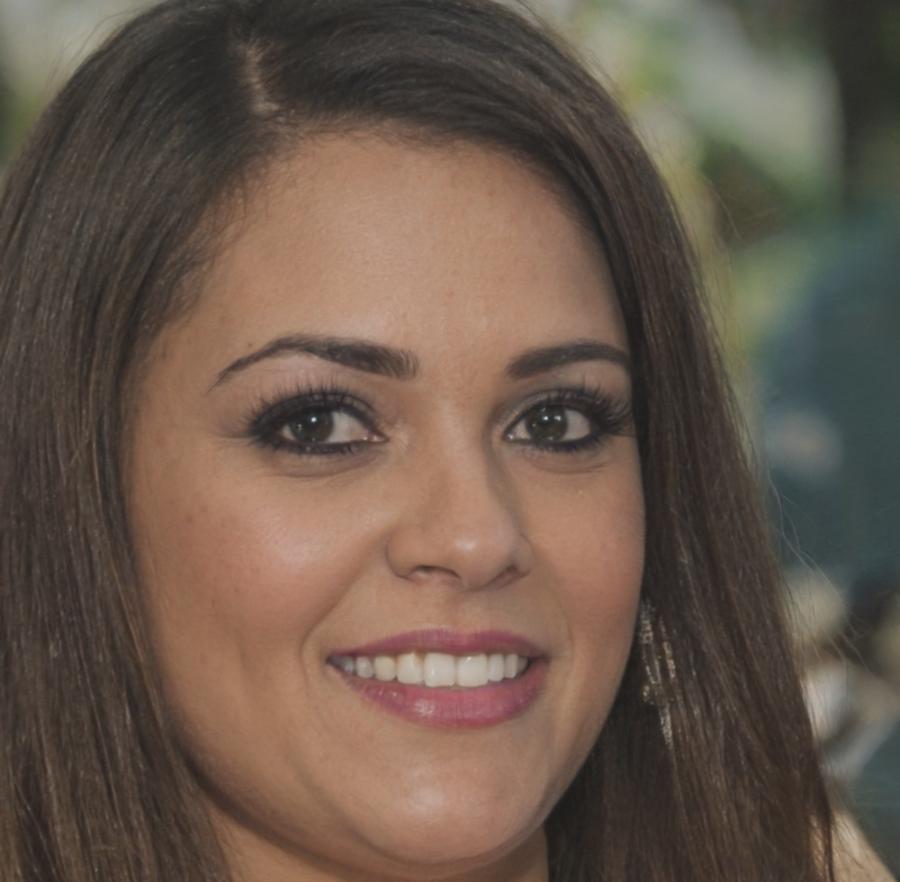Starting Point
Had three credit cards maxed out and was paying minimum amounts each month. Salary went to bills and groceries, but somehow never had money left over. Avoided looking at bank statements because they stressed him out.
Current Situation
Paid off two cards completely and reduced the third by 60%. Built an emergency fund with RM2,800. Tracks spending weekly and has clear categories for different expenses. Actually enjoys checking his budget app now.
Breakthrough Moment
"Week 4, we did the 'money personality' exercise. I realized I was using purchases to deal with work stress. Once I saw that pattern, I could plan for it instead of just reacting. Game changer."


